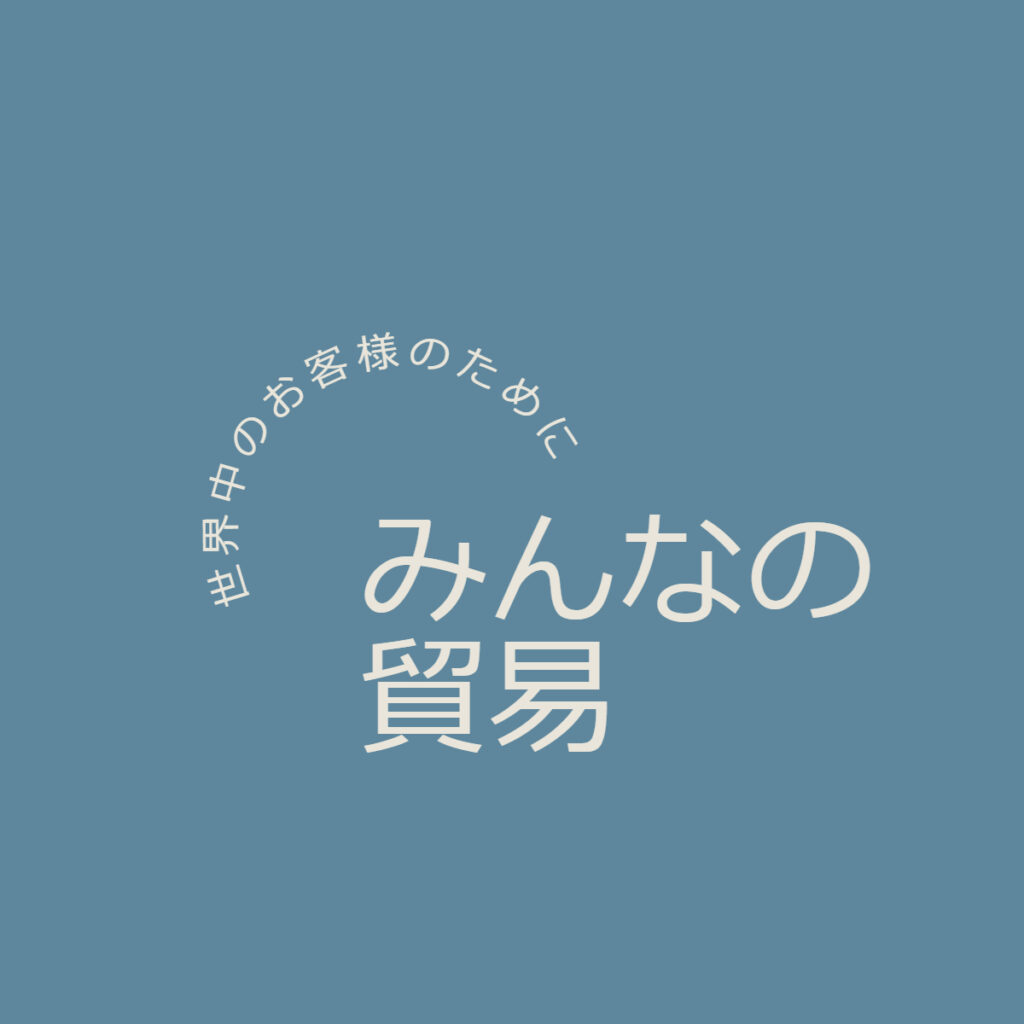
What’s Incoterms?
In world trade business, it is necessary to make arrangements between the seller and the buyer regarding the timing of risk and the sharing of costs. These called “Terms of Trade”.
Incoterms are used to make it easy to understand who the seller (exporter) or the buyer (importer) will bear the risks and costs in order to communicate with people who don”t understand the each languages.
In 1936, the International Chamber of Commerce (ICC) formulated standard trade conditions in order to establish international rules in line with conventional commercial practices. Combining “In” from International, “Co” from Commerce, and “Terms”, it came to be called “Incoterms”.
The Incoterms have been revised several times, and currently “Incoterms 2020” is applied.
Types of Incoterms
Incoterms 2020 includes the following 11 types of trading terms.
EXW (Ex Works) – ex works
FCA (Free Carrier) – Free Carrier
CPT (Carriage Paid To) – fare included
CIP (Carriage and Insurance Paid To) – including freight and insurance
DAP (Delivered At Place) – To the place of delivery
DPU (Delivered At Place Unloaded) – To the place of delivery (unloaded)
DDP (Delivered Duty Paid) – Delivery including customs fees, duties and taxes
FAS (Free Alongside Ship) – Free Alongside (Port of Loading)
FOB (Free On Board) – Free On Board (Port Of Loading)
CFR (Cost and Freight) – including freight (Excluding insurance)
CIF (Cost, Insurance and Freight) – including freight and insurance
Both CIP and CIF are terms of trade in which freight and insurance premiums are paid by the seller, but the differences are as follows.
In the case of CIP, the seller enters into a contract of carriage and insurance to bear the costs and risks of transporting the goods. On the other hand, in the case of CIF, the seller purchases marine insurance and bears the risks after the goods have left the port of loading.
In other words, in CIF, the seller pays the transportation costs and marine insurance premiums until the goods leave the port of loading, and bears the risks after the goods leave the port of loading. On the other hand, in CIP, the seller is responsible for the transportation costs of the goods and the risks incurred during transportation, but not for the risks after the goods have left the port of loading.
Therefore, it can be said that CIF is less risky for the buyer.
CIF and CFR are generally applied in many cases because the sharing is divided between the exporting country and the importing country.
Japanese companies headquartered in Japan and importing from overseas branches or seeking to cut transportation costs should use EXW and FOB.
Reference:JETRO

